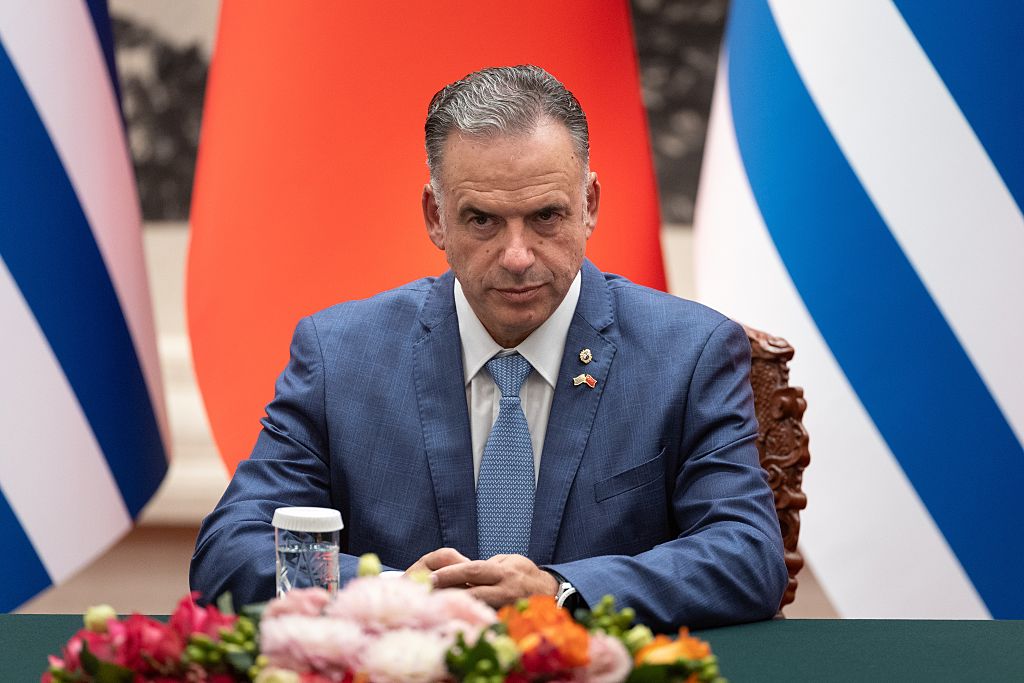Ecuador: Correa Declares Courts in State of Exception
Ecuador: Correa Declares Courts in State of Exception
In order to expedite an overhaul of Ecuador’s judiciary, President Rafael Correa has declared a 60-day state of exception. But opponents allege that the president is blurring the separation of powers.
President Rafael Correa decreed a state of exception on September 5, in order to facilitate a controversial judicial reform approved by referendum on May 7. The 60-day emergency decree will allow the president to reassign judges and make budget appropriations without congressional approval. The Transitional Judicial Council solicited the decree, saying the council needs an extra $400 million to enact the reforms. The state of exception is also necessary to deal with a backlog of some 1.2 million cases, and to “prevent an imminent internal commotion,” according to the text of the decree.
The decree prompted immediate criticism from Correa’s opponents, who say the president is blurring the boundaries between the executive and judicial branches of government. El Comercio columnist León Roldós Aguilera questioned the decree’s legality, pointing out that the Constitution only permits declaring a state of exception in cases of “aggression, armed international or internal conflict, grave internal unrest, public calamity, or natural disaster.” A group of Congressmen filed legislation on September 7 that, if passed, would revoke the decree and require the head of the Transitional Justice Committee to explain before the National Assembly why it supported the decree.
The subject of judicial reform has aroused public debate in Ecuador, since Correa proposed major restructuring of the branch as part of a 10-point referendum in the spring. All ten measures passed on May 7, including an overhaul of the judicial branch, which replaced the independent committee that oversaw the appointment of judges with a three-person committee that includes one government representative. After an 18-month transition period in the judiciary, the duty of appointing judges will fall to a new, five-person judicial council, including members from all three branches of government. The referendum also rescinded a legal provision requiring prisoners to be released after a year if they had yet to receive a trial—a move that could add pressure to the courts’ already backed up caseload.
The controversy over the state of exception for the judiciary comes as politics continues to polarize in Ecuador. Correa won a criminal libel suit against journalist Emilio Palacio and three directors of the newspaper El Universo, which carried jail sentences of three years and fines totaling $40 million. The case, which prompted Palacio to leave Ecuador for Miami, has strained Correa’s relationship with the private media and drawn criticism from the opposition. President Correa lashed out at the political opposition last month on Twitter, referring to the “poisoned ones”—a derogatory term he uses to refer to his opponents—in his first tweet.
Learn more:
- Read previous AS/COA Online news analyses covering Correa’s referendum drive and his conflict with the private media.
- Read the decree announcing the state of emergency.
- View the 10-point referendum approved in May, which contains the provisions outlining an overhaul of the judiciary.
- Consult Ecuador’s Constitution.
- See the column by León Roldós Aguilera questioning the legality of the state of emergency decree.







